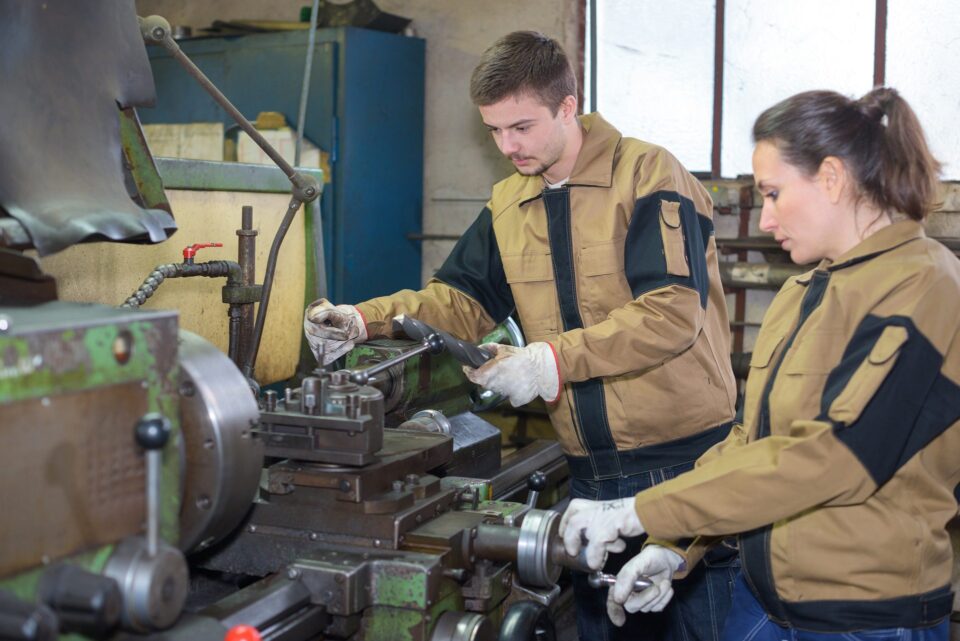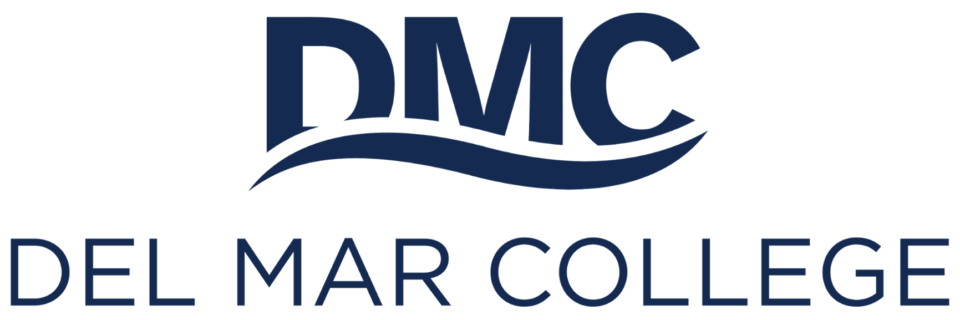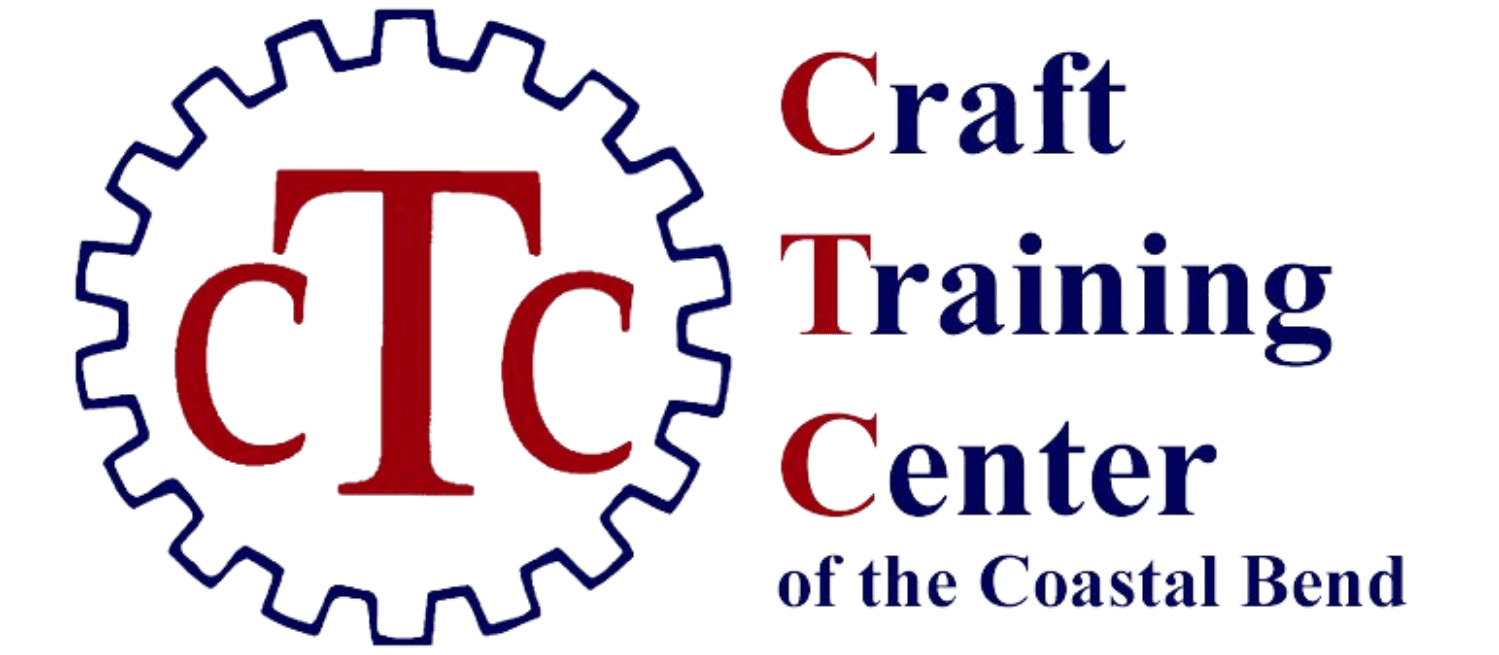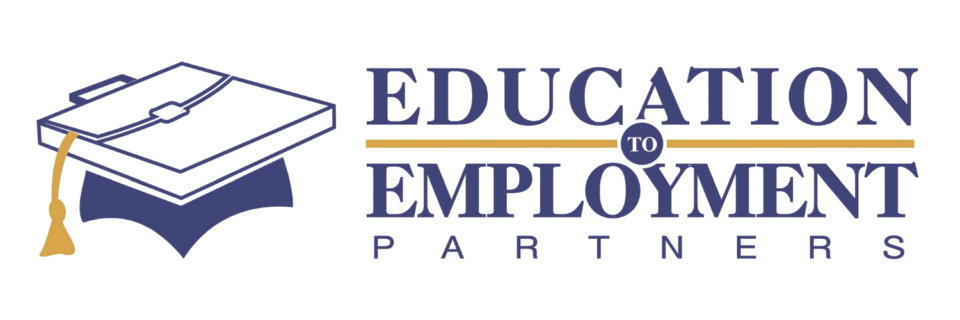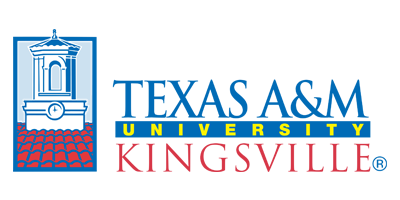Industrial Machinery Mechanics
At a glance
- Median Salary$55,248
- Local Jobs869
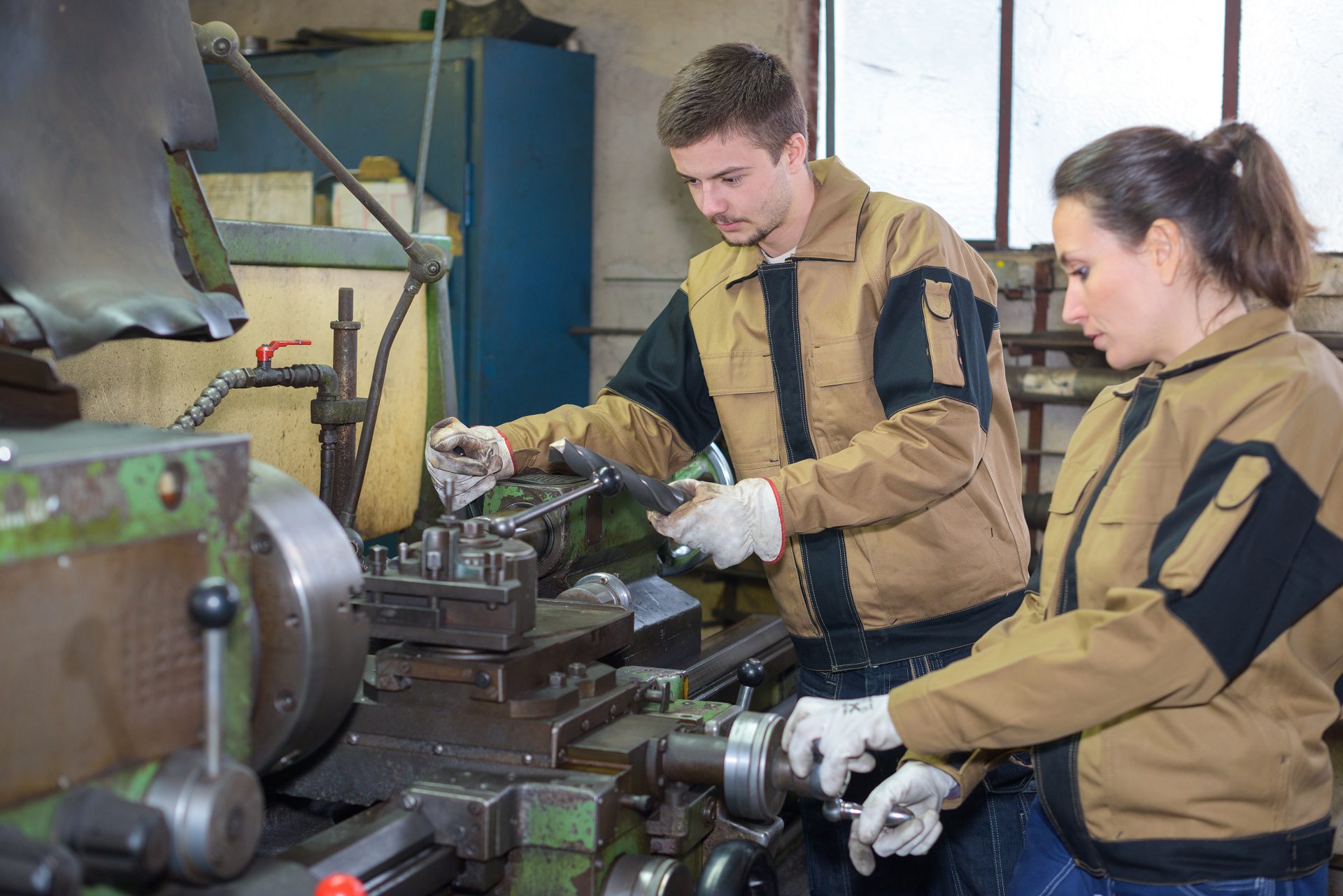
Occupation Profile
By the Numbers
Median annual earnings$55,248
Median Annual Earnings are the midpoint earned by 50 percent of workers who are the lowest paid and 50 percent of workers who are the highest paid in a particular occupationLocal Jobs869
Median Annual Earnings are the midpoint earned by 50 percent of workers who are the lowest paid and 50 percent of workers who are the highest paid in a particular occupationEntry-level educationCertification
Median Annual Earnings are the midpoint earned by 50 percent of workers who are the lowest paid and 50 percent of workers who are the highest paid in a particular occupation
Daily Tasks
- Repair or maintain the operating condition of industrial production or processing machinery or equipment.
- Repair or replace broken or malfunctioning components of machinery or equipment.
- Disassemble machinery or equipment to remove parts and make repairs.
- Clean, lubricate, or adjust parts, equipment, or machinery.
- Examine parts for defects, such as breakage or excessive wear.
- Reassemble equipment after completion of inspections, testing, or repairs.
- Operate newly repaired machinery or equipment to verify the adequacy of repairs.
- Record repairs and maintenance performed.
- Record parts or materials used and order or requisition new parts or materials, as necessary.
- Observe and test the operation of machinery or equipment to diagnose malfunctions, using voltmeters or other testing devices.
- Analyze test results, machine error messages, or information obtained from operators to diagnose equipment problems.
- Study blueprints or manufacturers’ manuals to determine correct installation or operation of machinery.
- Cut and weld metal to repair broken metal parts, fabricate new parts, or assemble new equipment.
- Enter codes and instructions to program computer-controlled machinery.
- Demonstrate equipment functions and features to machine operators.
Occupational Skills
Hard Skills
- Electric Power Transmission
- Hand Tools
- Hydraulics
- Machinery
- Mechanics
- Occupational Safety and Health Administration (OSHA)
- Performance Appraisal
- Power Tool Operation
- Test Equipment
- Valves (Piping)
Soft Skills
- Communications
- Computer Literacy
- Leadership
- Lifting Ability
- Management
- Microsoft Excel
- Operations
- Self-Motivation
- Troubleshooting (Problem Solving)
- Valid Driver's License
Hard skills are specific, learnable, measurable, often industry- or occupation-specific abilities related to a position.
Soft skills can be self-taught and usually do not necessitate a certain completed level of education. They are essential in many industries and occupations.
Educational Programs
Rotary Drill Operators, Oil and Gas
| Type | Credential | Hrs | Online | Financial Aid |
| Credit | AAS, L1, L2, OSA | 60/51/24 | No | Yes |
Industrial Machinery Mechanics
| Type | Credential | Hrs | Online | Financial Aid |
| Credit/CE | AAS Degree, L1, L2 | 60/51/24 | No | Yes |
Process Technician
| Type | Credential | Hrs | Online | Financial Aid |
| Certificate | Cert | 165 | Yes | No |
Manual Machinist
| Type | Credential | Hrs | Online | Financial Aid |
| Certificate | Cert | 205 | Yes | No |
Die Setter
| Type | Credential | Hrs | Online | Financial Aid |
| Certificate | Cert | 100 | Yes | No |
Learn more aboutIndustrial Machinery Mechanics
Visit Career Coach for additional in-depth information and available training programs for this job.
